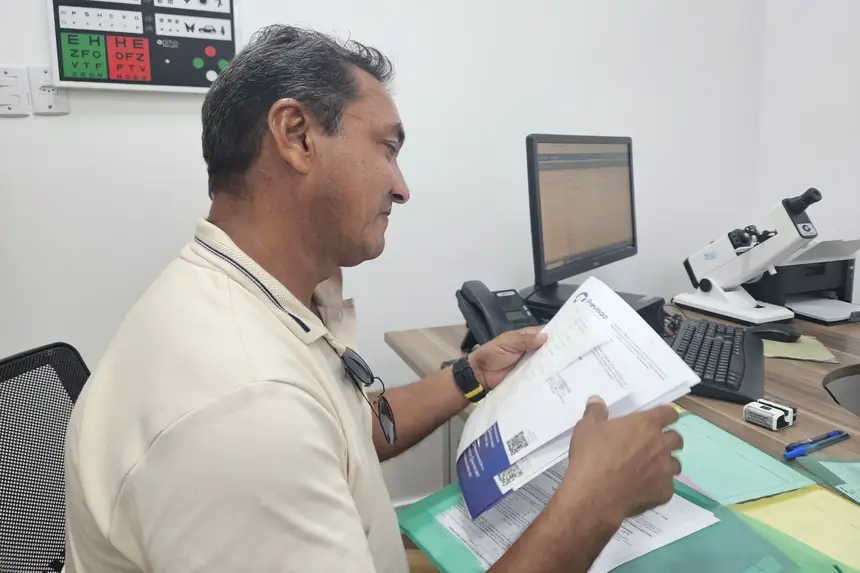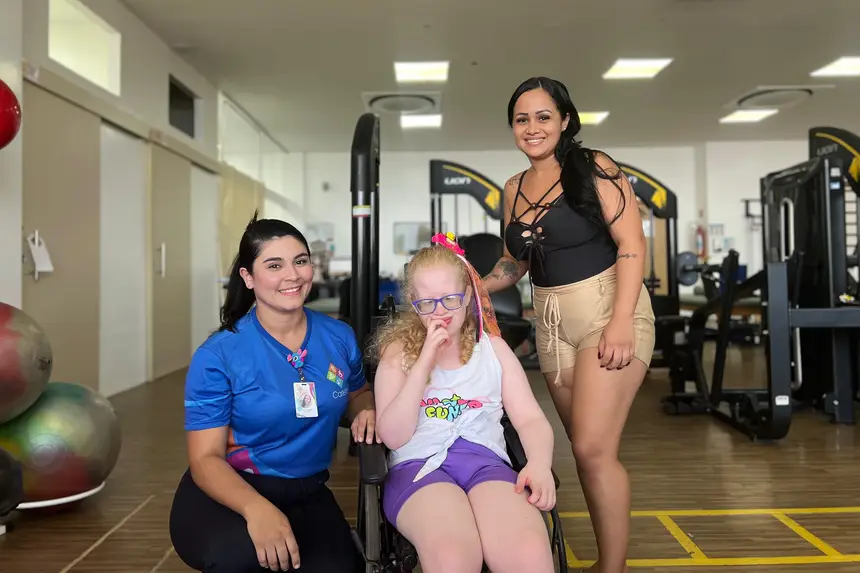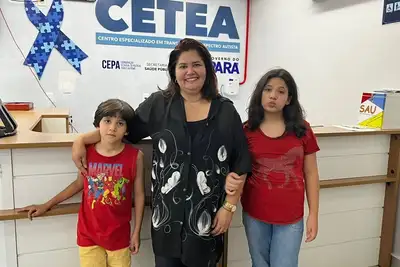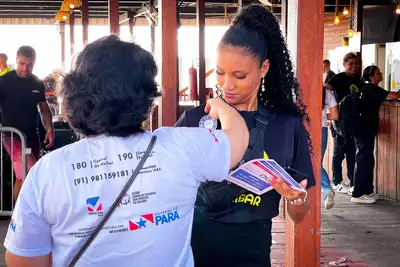Amazon Summer requires extra care for skin and eyes due to sun exposure, warns CIIR
The center reinforces guidelines for sun protection, with special attention to children, the elderly, people with disabilities, albinism, and low vision
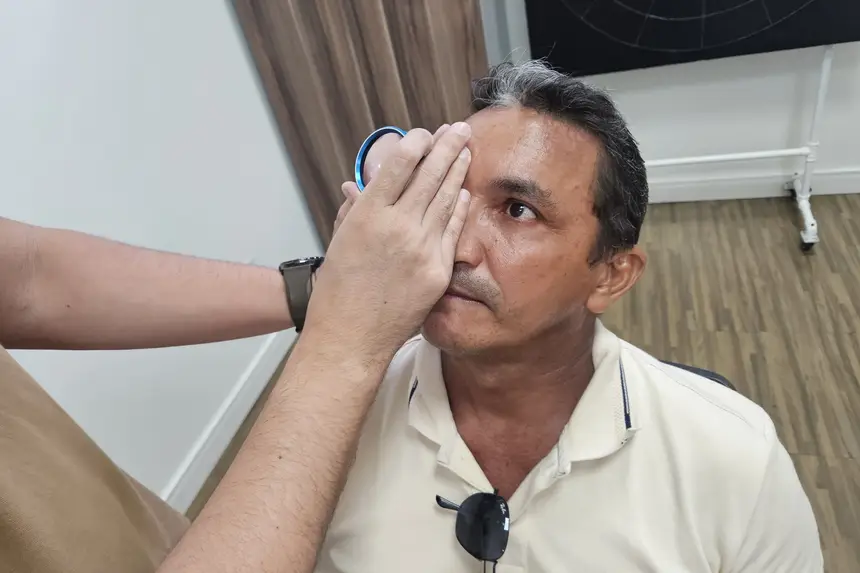
During the period known as Amazon Summer, which runs from July to November, the increase in solar radiation and the reduction in rainfall require special attention to skin and eye health. In Belém, the Integrated Center for Inclusion and Rehabilitation (CIIR) alerts the population about basic care and reinforces protection for more vulnerable groups, such as children, the elderly, people with disabilities, albinism, and low vision.
Dermatologist Juliana Bacellar from CIIR emphasizes that the first step is to avoid direct sun exposure between 10 AM and 4 PM. "Using sunscreen with SPF above 50 is essential. For albino individuals, the ideal is SPF 70 or more, with reapplication every two hours, even on cloudy days," she advises.
Juliana also recommends the use of physical barriers: light-colored, long-sleeved clothing, wide-brimmed hats, umbrellas, and UV-protective glasses. Hydration should also be constant, with the intake of water, natural juices, and light meals.
In more sensitive cases, such as those of albino individuals, the doctor warns of strict care. "This group has skin that is extremely vulnerable to the sun. In addition to a potent sunscreen, they should wear clothing with ultraviolet protection and appropriate hats. Sun exposure should be avoided as much as possible, even outside peak hours."
The specialist also reinforces the warning signs. In children, intense redness, blisters, or burning after exposure may indicate burns. In the elderly, wounds that do not heal or moles that bleed require immediate medical attention.
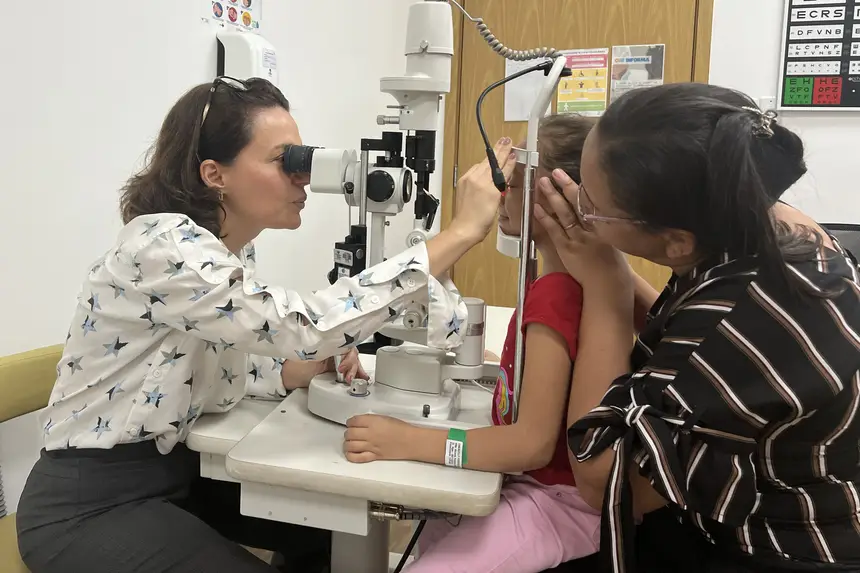
Eye care - Ophthalmologist Maria Maeve, a low vision specialist, reminds us that the eyes also suffer from excessive sunlight. "Wearing sunglasses with UVA and UVB protection from a reliable source is essential. Umbrellas and hats also help protect vision," she recommends.
For contact lens users, care should be doubled. "Avoid opening your eyes while diving and always properly clean the lenses after use," she adds. Unprotected exposure can accelerate the onset of cataracts, cause retinal injuries, and worsen pre-existing eye diseases.
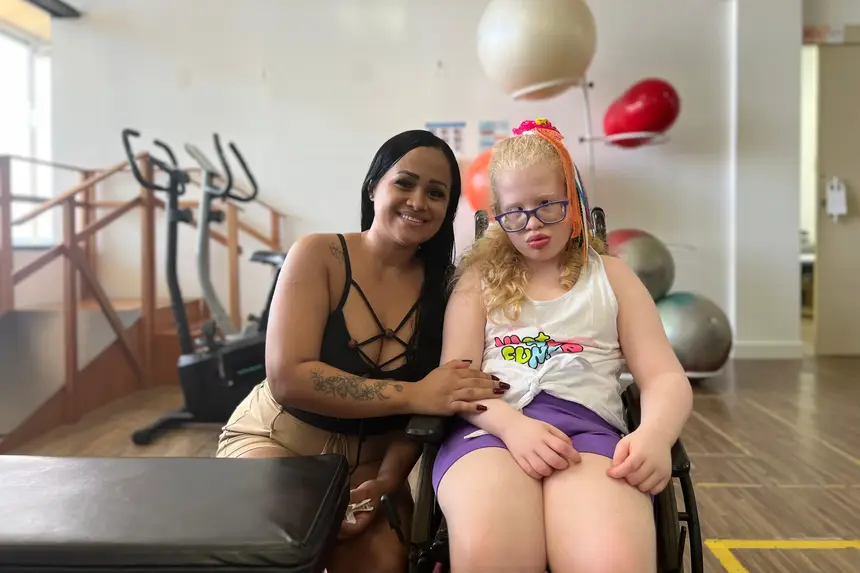
Protection routine - Caregiver Gabriela Souza, mother of little Ana Gabrielly, 10, an albino user at CIIR, reports that sun protection is part of the family's daily routine. "She is always wearing sunglasses and a hat, and we avoid going out during peak sun hours. Even her bath is with warm water, to avoid irritating her skin," she says.
Another example is retired Ivan Oliveira, 52, who is being treated for idiopathic optic neuritis at the center. "I have traveled a lot in search of treatment and here I have been well received. I can only see with peripheral vision, but I continue to take care of myself: long-sleeved shirts, hats, and sunglasses are part of my routine," he says. Ivan also leaves a message: "Men also need to take care of themselves. Use sunscreen, good glasses, and visit the ophthalmologist. Prevention is better than cure."
Practical tips for facing the Amazon Summer:
1. Avoid the sun between 10 AM and 4 PM;
2. Use sunscreen with SPF 50+ (or 70+ for sensitive skin);
3. Prefer light-colored, long-sleeved clothing with UV protection;
4. Wear hats, umbrellas, and sunglasses with UVA/UVB filters;
5. Stay hydrated with water and light meals;
6. In case of signs on the skin or eyes, seek specialized care.
How to access CIIR
CIIR is a state reference in medium and high complexity assistance to people with visual, physical, auditory, and intellectual disabilities. Care is provided through referrals from municipal health units, which request evaluation via the State Regulation System (SER). The center evaluates each case based on the patient's profile.
Service: The Integrated Center for Inclusion and Rehabilitation is an agency of the Government of Pará managed by the National Institute for Social and Human Development (INDSH), in partnership with the State Department of Public Health (Sespa). It operates at Rodovia Arthur Bernardes, No. 1,000, in Belém. More information: (91) 4042-2157 /58 /59.
Text: Tarcísio Barbosa (Ascom CIIR)


